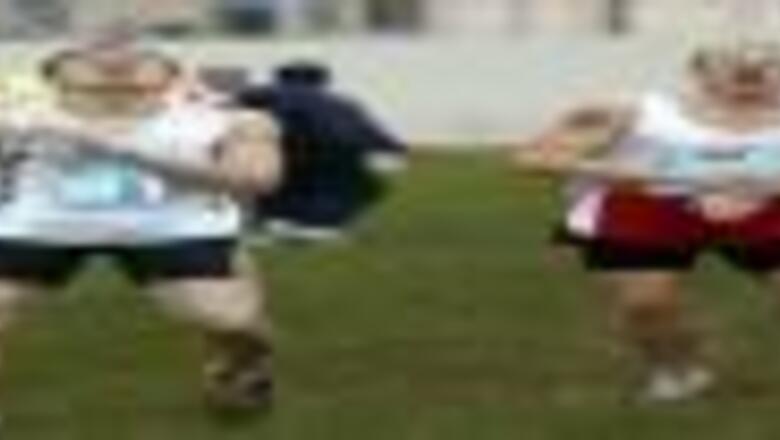
views
The two events
One men's event, one women's event
The format
The Modern Pentathlon comprises five events on the same day meant to simulate a possible messenger mission for a soldier at war. The order is as follows: shooting, fencing, swimming, horseriding and running. Each event is marked out of 1,000 points except the horse-riding, which carries 1,200 points. The final event, the run, features a staggered start with one second deducted for four points behind the leader. The system assures the first person over the line wins gold.
Milestones
Antiquity: Greeks and Romans participate in the first pentathlons, composed of five events, with the purpose of creating the most complete athlete possible.
1909: Creation of the modern pentathlon by baron Pierre de Coubertin.
1912: George Patton, the American general was once an ordinary soldier and as such took part in the Modern Pentathlon event at the Games in Stockholm.
1949: First world championships are held.
1954: The old points by placing per event system is replaced by a points tally based on performance.
1976: Soviet athlete Boris Onischenko is caught using an electronic beeper to register points in the fencing. The USSR is eliminated and Onischenko banned for life.
1993: Reduction of the equestrian course to between 350 and 400m including 12 obstacles.
1996: At the Games in Atlanta, the swimming race is cut from 300m to 200m and the foot race is set at 3000m. The team event is taken off the Olympic programme.
2000: Women compete in the pentathlon for the first time at the Olympic Games in Sydney.
Stars
Lars Hall (Sweden): The one and only. He was both the first non soldier to win Olympic gold and the first and only man to win two consecutive Olympic titles in 1952 and 1956. He also won the world title in 1950 and 1951.
Andras Balczo (Hungary): The symbol. He won five straight world titles from 1963-69 before his Olympic gold in 1972. He also won two team golds at the 1960 and 1968 Games plus two other Olympic silvers.
Dmitri Svatkovsky (Russia): A golden record. He finally won an Olympic title at the Sydney Games in 2000. He had previously won the world championships in 1994 and 1995 and the world cup four times in 1994, 1995, 1997 and 1998.











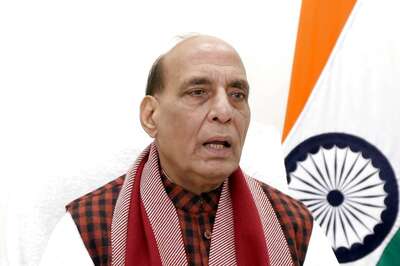

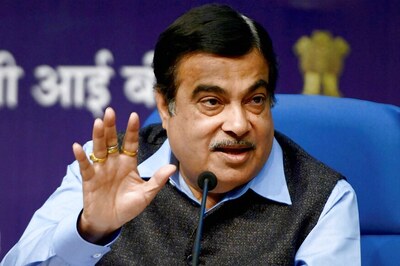


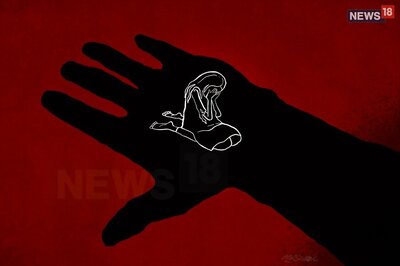
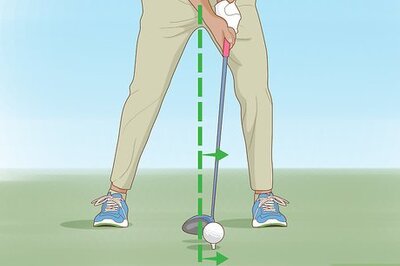


Comments
0 comment